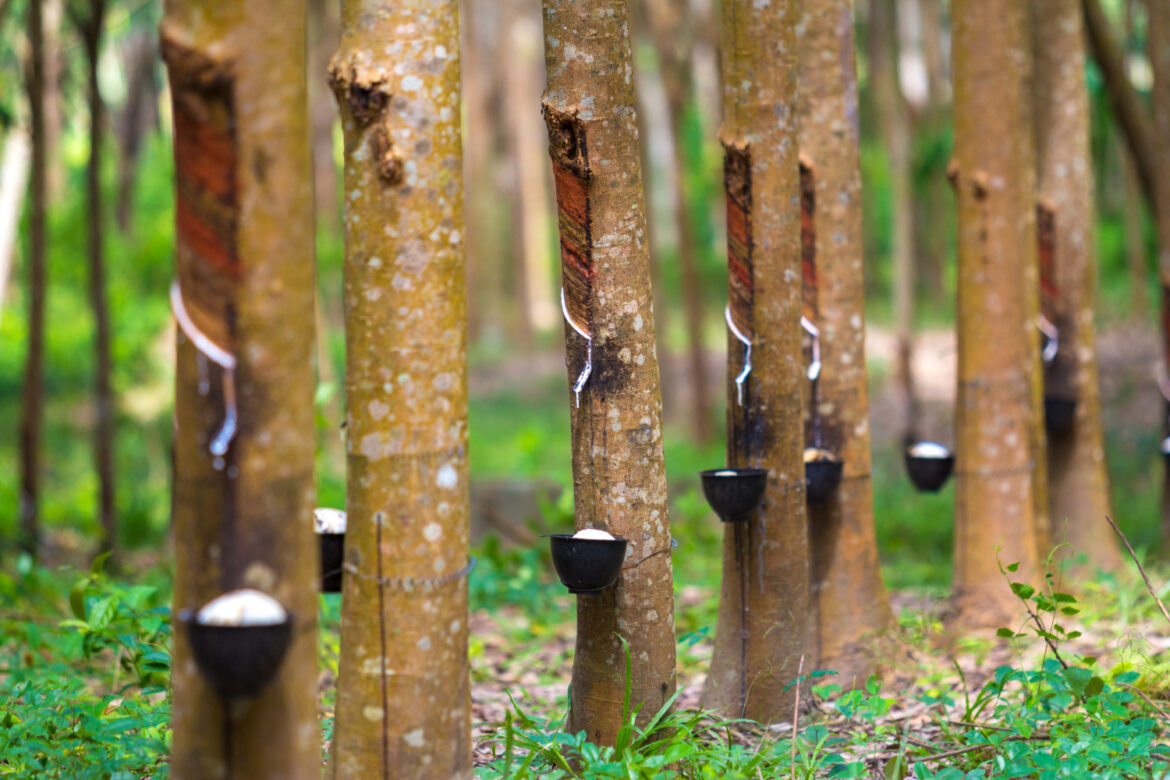President Joseph Nyuma Boakai has signed a new executive order that marks a major shift in Liberia’s rubber industry. Through Executive Order No. 151, the Liberian leader has officially banned the export of unprocessed rubber, signaling his administration’s commitment to industrial growth, job creation, and value addition within the country.
The order specifically prohibits the export of raw rubber products such as cup lumps, latex, bark scrap, and ground scrap. From now on, only fully processed rubber products like Technically Specified Rubber (TSR) will be allowed for export. This bold move is part of a broader plan to stop Liberia from sending its raw materials abroad without reaping their full economic value.
The new regulation also introduces a revamped fiscal policy. Exporters must now pay a 4% presumptive tax, contribute to the Rubber Development Fund Incorporated (RDFI), and pay a surcharge of $150 per metric ton of rubber exported. Export Permit Declarations (EPDs) will only be issued after proof of payment, clearance from the Ministry of Finance, and updated tax documents are submitted. In addition, there will be post-export income taxes—4% for small exporters and 2% for larger processors.
Penalties for violating the order are steep. First-time offenders will be fined $50,000, and repeat offenders risk losing their export rights altogether.
President Boakai explained that this decision was not just about rubber—it’s about rethinking Liberia’s economic model. For decades, Liberia has exported raw materials and imported finished goods. This cycle has robbed the country of jobs, innovation, and industrial growth. With Executive Order 151, the President is pushing for a new path where Liberians benefit more directly from their country’s natural resources.
To ensure smooth implementation, the President has set up a task force that includes the Ministries of Agriculture, Commerce, and Finance, along with the Liberia Revenue Authority and the Rubber Development Fund. Their role will be to monitor compliance and support the development of local processing capacity.
While the order has been welcomed by many as a step toward economic independence, not everyone is pleased. Critics argue that smallholder farmers and informal rubber traders may be disproportionately affected, as they often lack access to processing facilities. There are also concerns that without improvements in infrastructure—such as roads, electricity, and financing—local processing may not be economically viable for all.
Nonetheless, supporters of the policy see it as a necessary disruption. They believe that in the long term, it will boost local industries, create thousands of jobs, and keep more wealth within Liberia. Some even view it as the beginning of a new era in Liberian agriculture and manufacturing.
President Boakai’s decision to restrict raw rubber exports is a strong signal that his administration is serious about transforming Liberia’s economy. The success of this initiative, however, will depend on how well the government supports small producers and how quickly it can close the infrastructure and capacity gaps across the rubber sector.
This is more than just an executive order—it’s a test of Liberia’s readiness to industrialize and take control of its economic future.


